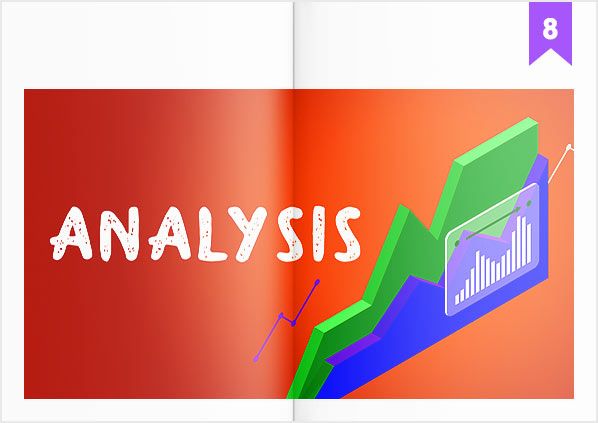What is Centralized Exchange (CEX)?
Let's find out Centralized Exchange (CEX) meaning, definition in crypto, what is Centralized Exchange (CEX), and all other detailed facts.
A centralized exchange (CEX) is a type of cryptocurrency exchange platform. CEX platforms maintain an order book for buy and sell orders between traders.
All orders are trade requests for a certain amount of a cryptocurrency set at a specified price. CEX platforms use special software to analyze the trade orders submitted by the users, and then automatically match and execute them accordingly.
Users of centralized exchanges do not trade cryptocurrencies or fiat money with each other directly. Rather than that, the exchange has custody of the funds deposited onto it. The traders get IOUs that match the amount of funds deposited. The IOUs are tracked internally throughout the trading platform and are not converted into actual currency until the withdrawal.
Centralized exchanges remain the most widely used method of crypto exchange. It is one of the fastest and most cost-efficient methods of processing financial operations. CEXs are preferred by day traders and crypto investors for their convenience.
CEX platforms have received some backlash for their lack of transparency, as the users do not have access to the internal operations. This allows for malicious exchange practices, price manipulation, and, in some cases, money laundering.
Centralized exchanges have been a frequent target for cyberattacks due to the amount of user funds they hold custody over. Exchange services have been attacked both from within and outside the organizational boundaries.
In 2020, the exchange service KuCoin was targeted as hackers obtained the keys to several wallets on the platform, leading to $281 million worth of crypto assets being stolen. In 2021, the CEX platform BitMart was breached, losing nearly $200 million in various cryptocurrencies.
Furthermore, increased activity or coordinated attacks can impact the downtime of CEX platforms, which can cost the traders valuable opportunities. Centralized exchanges are more susceptible to government regulations and censorship, thus, regulators may be able to seize the funds held by the exchange platforms, as well as reveal customer data.









